I’ve helped numerous clients navigate the complex PVC supplier market and seen how proper sourcing makes all the difference between project success and failure.
Finding reliable PVC pipe suppliers in the United States requires checking their industry certifications, evaluating their production capabilities, reviewing client testimonials, and assessing their logistics support. Trusted suppliers should have NSF, ASTM, and UL certifications and offer comprehensive services from manufacturing to delivery.
The process of selecting the right PVC supplier can be challenging, but following a systematic approach will ensure you partner with a quality provider.
How to Find Reliable PVC Pipe Suppliers in the United States?
Many buyers struggle to identify truly reliable suppliers among countless options. I’ve developed a proven method that saves time and reduces risk.
You can find reliable PVC pipe suppliers in the United States by using industry directories, attending trade shows, checking B2B platforms, and seeking referrals from industry contacts. Always verify their business credentials, physical address, and years of operation to ensure legitimacy.
Effective Sourcing Methods
Finding trustworthy PVC suppliers requires using multiple channels to cross-verify information and build a shortlist of qualified candidates.
Start with industry-specific directories and associations. Organizations like the Uni-Bell PVC Pipe Association maintain directories of certified manufacturers. These sources pre-qualify suppliers to some extent, saving you initial screening time. Similarly, the Plastic Pipe Institute provides technical resources and can point you toward reputable manufacturers.
B2B platforms offer another valuable resource. Alibaba, Thomasnet, and Global Sources list numerous PVC suppliers. However, you need to carefully filter these results. Look for suppliers with verified status, long track records, and complete profile information. Pay special attention to suppliers who actively engage with inquiries and provide detailed responses.
Trade shows present excellent opportunities for direct assessment. Events like the International Builders’ Show or WQA Convention & Exposition allow you to meet suppliers face-to-face, examine product samples, and gauge their professionalism firsthand. This approach often reveals supplier capabilities that aren’t apparent through online channels alone.
Verification and Qualification Process
Once you identify potential suppliers, thorough verification becomes critical. Many buyers skip this step and later encounter quality or reliability issues.
First, confirm the supplier’s business registration and physical address. Legitimate suppliers should readily provide this information. Be cautious of companies that only offer PO boxes or virtual offices. Next, check their years in business. Companies with longer track records typically have more established processes and greater stability.
Client references and case studies provide invaluable insights. Ask for references from projects similar to yours in scale and requirements. When contacting references, ask specific questions about reliability, communication, and problem-resolution capabilities.
Key Supplier Screening Criteria
| Verification Aspect | What to Check | Why It Matters |
|---|---|---|
| Business Legitimacy | Business registration, physical address, years operating | Ensures you’re dealing with established legal entity |
| Production Capability | Factory size, equipment, workforce, quality control processes | Determines capacity to handle your volume requirements |
| Client References | Past project details, satisfaction levels, repeat business rate | Provides real-world performance evidence |
| Industry Reputation | Online reviews, trade association memberships, industry recognition | Indicates standing among peers and customers |
Finally, consider starting with a small trial order before committing to larger volumes. This approach lets you assess product quality, communication efficiency, and delivery performance with minimal risk. A reliable supplier will understand this cautious approach and work to earn your trust.
What Certifications Should US PVC Suppliers Have for Quality Assurance?
I’ve witnessed how proper certifications prevent costly quality issues and project delays. Missing certifications often indicate deeper quality problems.
US PVC suppliers should have NSF/ANSI 61 for drinking water safety, ASTM standards compliance for product performance, UL listings for electrical conduits, and ISO 9001 for quality management. These certifications ensure the pipes meet regulatory requirements and performance standards for various applications.
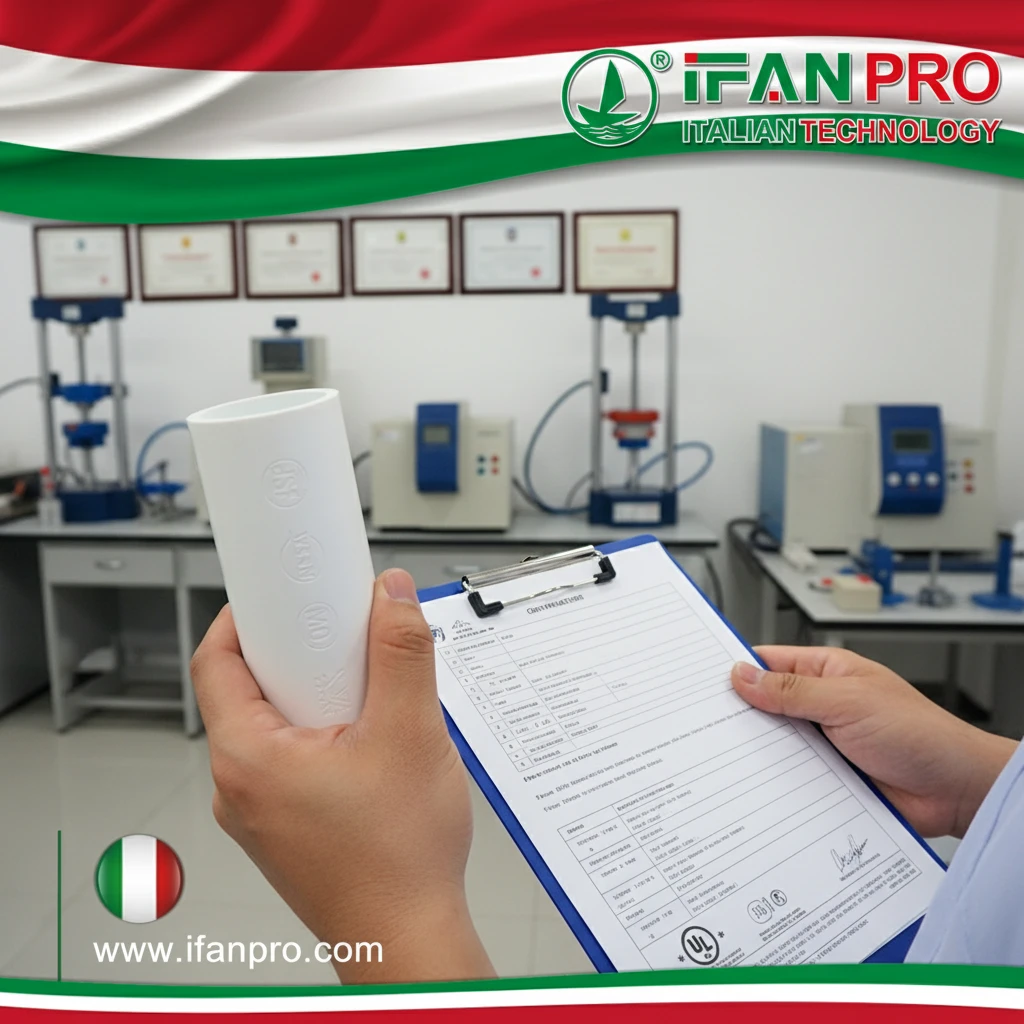
Understanding Essential Certifications
Certifications provide independent verification that PVC products meet specific quality, safety, and performance standards. They serve as your first line of defense against substandard products.
NSF/ANSI 61 certification is absolutely essential for potable water applications. This certification verifies that the PVC pipes don’t leach harmful contaminants into drinking water above acceptable levels. Without this certification, you cannot use PVC pipes for drinking water systems in most US jurisdictions. The testing involves rigorous analysis of extraction concentrations for numerous potential contaminants.
ASTM standards define the physical performance requirements for PVC pipes. Key standards include ASTM D1785 for schedule 40 and 80 pipes, ASTM D2241 for pressure-rated pipes, and ASTM F441 for CPVC pipes. Compliance with these standards ensures the pipes will perform as expected under specific pressure, temperature, and environmental conditions. Reputable suppliers will provide test reports demonstrating compliance.
Specialized Certifications for Different Applications
Different applications require additional certifications. For electrical conduits, UL listings are mandatory. UL 651 and UL 1660 cover standard and high-performance electrical conduits respectively. These certifications ensure the pipes provide adequate protection for electrical wiring and meet fire safety requirements.
For plumbing applications, UPC (Uniform Plumbing Code) listings indicate compliance with plumbing code requirements. Similarly, IAPMO (International Association of Plumbing and Mechanical Officials) certification demonstrates code compliance for various plumbing applications.
ISO 9001 certification indicates the supplier has implemented a quality management system. While this doesn’t guarantee product quality directly, it shows the supplier has systematic processes for maintaining consistent quality. This becomes particularly important for large projects where consistency across multiple batches is crucial.
Required Certifications by Application Type
| Application | Essential Certifications | Importance |
|---|---|---|
| Potable Water | NSF/ANSI 61, ASTM D1785/D2241 | Ensures water safety and pressure performance |
| Electrical Conduit | UL 651/1660, NEMA TC-2 | Provides electrical safety and physical protection |
| Sewer/Drainage | ASTM D2729, ASTM D3034 | Guarantees proper flow characteristics and strength |
| Industrial | ASTM D1785, Custom compound certifications | Ensures chemical resistance and pressure capability |
Always verify certifications directly with the issuing organizations when possible. Some suppliers may claim certifications they don’t actually hold. Reputable suppliers will provide certification numbers and documentation you can verify. Remember that certifications require regular renewal, so check expiration dates to ensure current compliance.
How to Evaluate PVC Supplier Capabilities and Service Quality Effectively?
Many buyers focus solely on price, but I’ve learned that supplier capabilities and service quality ultimately determine project success.
You can evaluate PVC supplier capabilities by conducting factory audits, reviewing their equipment and technology, assessing their quality control processes, and testing their communication responsiveness. Service quality shows in their technical support, problem-solving approach, and willingness to accommodate special requests.
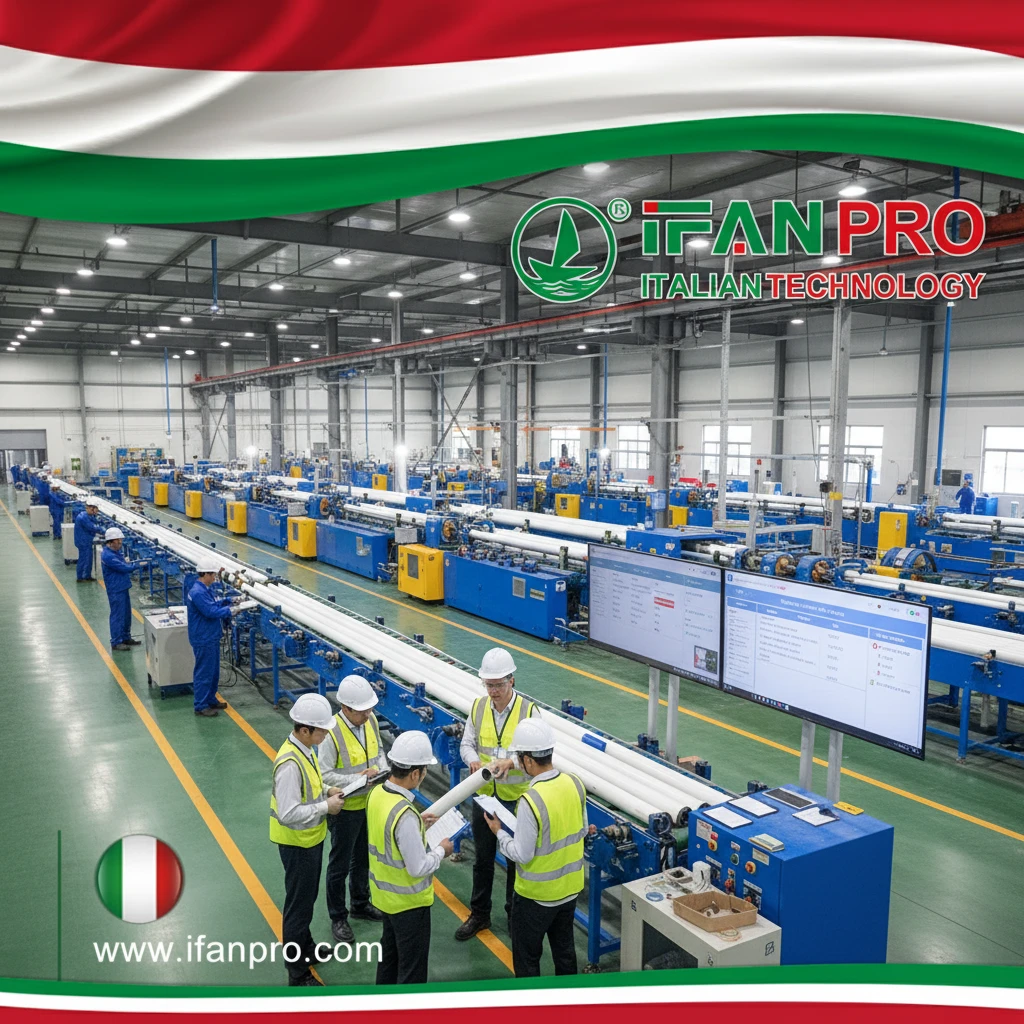
Comprehensive Capability Assessment
Evaluating a PVC supplier requires looking beyond basic specifications and price to understand their true operational capabilities and service culture.
Start with manufacturing capability assessment. Ask about production capacity, current utilization rates, and lead times for different order volumes. A supplier operating at very high capacity might struggle with timely delivery during peak periods. Inquire about their equipment maintenance schedules and technology updates. Modern extrusion lines and automated cutting equipment typically produce more consistent quality.
Quality control systems deserve particular attention. Ask about their raw material sourcing and testing procedures. Do they test incoming PVC compound batches? How do they monitor production processes? Look for statistical process control implementation and comprehensive final inspection protocols. Suppliers with well-documented QC processes typically deliver more consistent quality.
Technical expertise forms another critical evaluation area. Can their technical staff answer detailed questions about product performance under specific conditions? Do they understand application requirements and potential challenges? Knowledgeable suppliers can help you avoid selection and installation problems.
Service Quality Evaluation Methods
Service quality often separates adequate suppliers from exceptional partners. Evaluate this through both direct interaction and reference checks.
Communication responsiveness provides early indicators of service quality. Note how quickly they respond to inquiries and whether they provide complete, helpful information. Suppliers who respond promptly during the sales process typically maintain better communication after order placement.
Problem-resolution capability matters significantly. Ask how they handle quality issues, delivery delays, or other problems. Do they have clear procedures? Are they proactive in communicating issues? A supplier’s approach to problems often reveals more about their reliability than their handling of smooth transactions.
Supplier Evaluation Scorecard
| Evaluation Category | Key Metrics | Assessment Method |
|---|---|---|
| Manufacturing Capability | Production capacity, equipment age, workforce skill | Factory audit, equipment documentation, staff interviews |
| Quality Systems | QC processes, testing frequency, defect rates | Quality manual review, test reports, statistical data |
| Technical Support | Response time, expertise depth, documentation quality | Technical queries, application support cases |
| Service Performance | On-time delivery, communication, problem resolution | Reference checks, sample order evaluation |
Consider placing a small trial order to evaluate performance firsthand. This approach provides concrete data on delivery accuracy, product quality, and service responsiveness. Monitor how they handle order tracking, documentation, and any unexpected issues that arise.
Finally, assess their flexibility and willingness to accommodate special requirements. Can they handle custom lengths, colors, or packaging? Do they offer value-added services like cutting, threading, or special marking? These capabilities often prove valuable as project requirements evolve.
What Logistics Support Do US PVC Suppliers Offer for Timely Delivery?
I’ve seen too many projects delayed by logistics failures. Comprehensive logistics support separates premium suppliers from basic manufacturers.
US PVC suppliers should offer comprehensive logistics support including inventory management, proper packaging, transportation coordination, and real-time tracking. They should have relationships with reliable carriers, understand special handling requirements for long pipes, and provide flexible delivery options to meet project schedules.
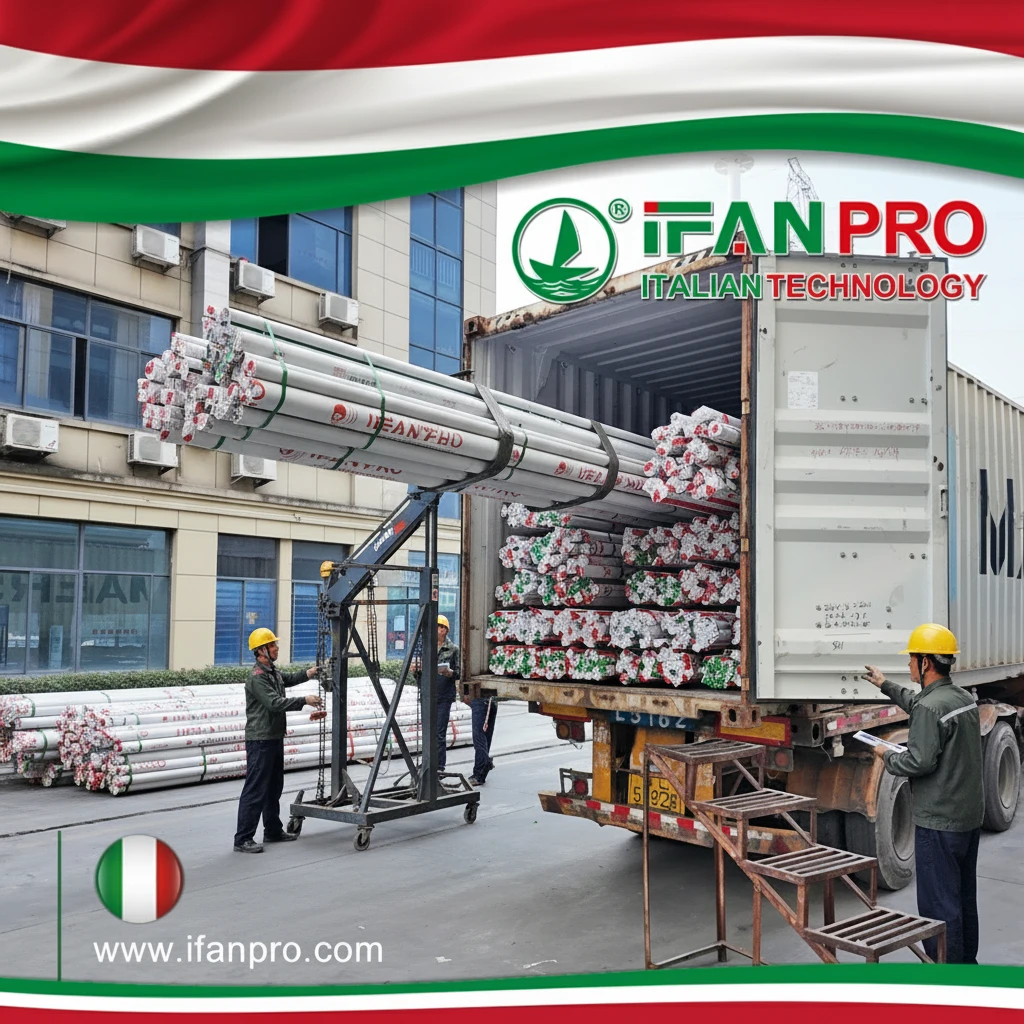
Essential Logistics Services
Effective logistics management ensures PVC pipes arrive undamaged, on schedule, and in the correct sequence for project needs. This requires careful planning and coordination.
Inventory management forms the foundation of reliable delivery. Suppliers should maintain adequate stock levels of standard items and provide accurate inventory visibility. Ask about their inventory turnover rates and replenishment processes. Suppliers with well-managed inventory can typically fulfill orders faster and more reliably.
Packaging quality directly affects product condition upon arrival. PVC pipes require proper bundling, protection against deformation, and weather protection for outdoor storage. Ask about their standard packaging methods and options for special requirements. For example, pipes destined for retail sale might need different packaging than those for construction sites.
Transportation coordination requires expertise in handling long, bulky items. PVC pipes present unique shipping challenges due to their length. Suppliers should understand dimensional weight calculations, trailer loading optimization, and special securing methods. They should have relationships with carriers experienced in handling construction materials.
Advanced Logistics Capabilities
Beyond basic shipping, several advanced logistics services significantly enhance supply chain reliability.
Real-time tracking provides visibility into shipment status and estimated arrival times. The best suppliers offer online portals where you can monitor order status from production through delivery. This transparency helps you plan receiving operations and adjust schedules if delays occur.
Consolidation services can reduce costs and simplify logistics. If you source multiple products from the same supplier, they should consolidate shipments whenever possible. Some suppliers also offer regional warehousing or cross-docking services to reduce transit times and costs.
Special handling capabilities address unique project requirements. For large construction projects, just-in-time delivery to specific locations on site might be necessary. Some suppliers offer sequenced delivery to match installation schedules or kanban systems for continuous replenishment.
Logistics Support Comparison
| Service Level | Basic Support | Premium Support |
|---|---|---|
| Inventory Management | Standard stock levels | Custom stocking programs, VMI options |
| Transportation | Arranged with standard carriers | Multi-carrier strategy, dedicated fleet options |
| Tracking | Basic shipment updates | Real-time GPS tracking, online portal access |
| Special Handling | Standard packaging and loading | Custom sequencing, jobsite delivery, JIT programs |
Documentation accuracy completes the logistics process. Suppliers should provide complete, accurate paperwork including bills of lading, material certifications, and safety data sheets. Errors in documentation can cause delays at receiving points or create compliance issues.
When evaluating suppliers, ask specific questions about their logistics capabilities. Inquire about their on-time delivery performance metrics, damage rates, and procedures for handling logistics exceptions. Reliable suppliers will readily share this information and demonstrate systematic approaches to logistics management.
Conclusion
Choosing the right PVC supplier involves careful evaluation of certifications, capabilities, and logistics support. For reliable PVC products with comprehensive supply chain management, consider IFAN for your next project.

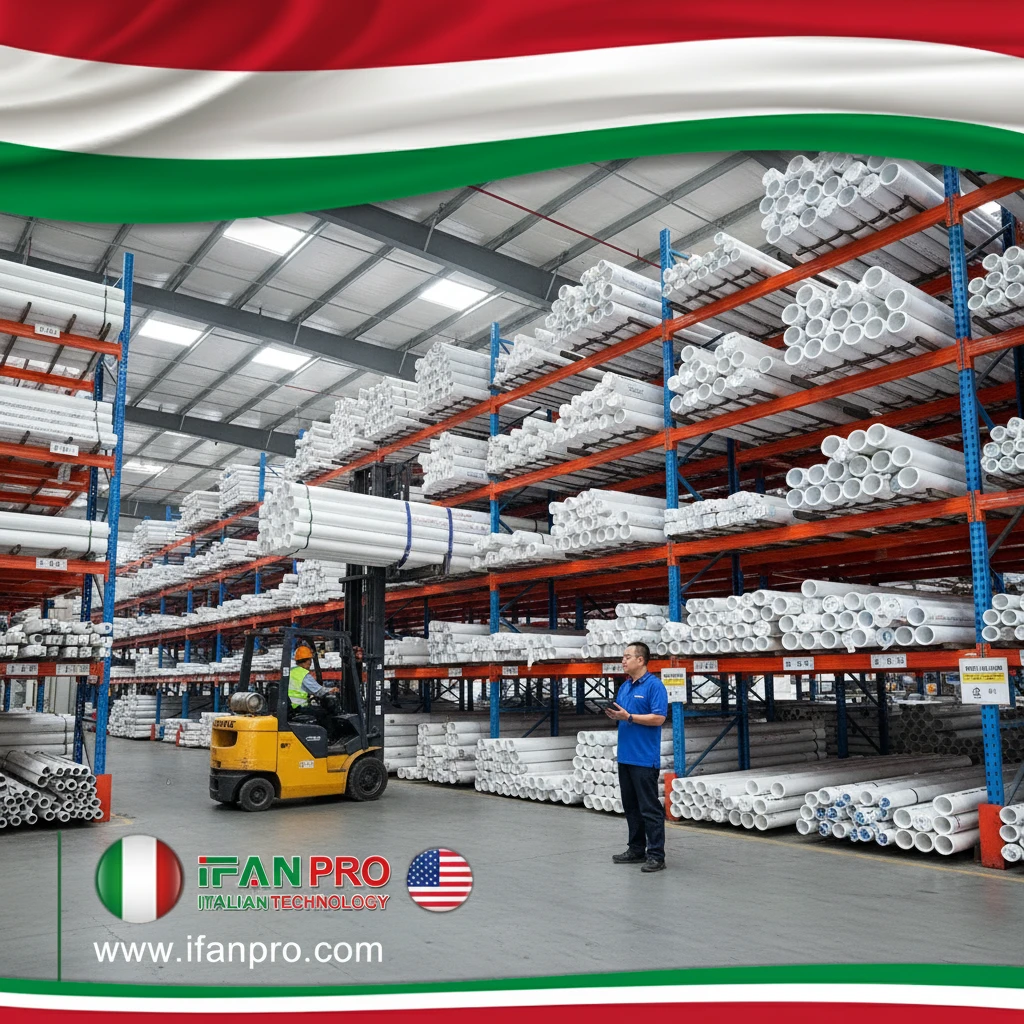
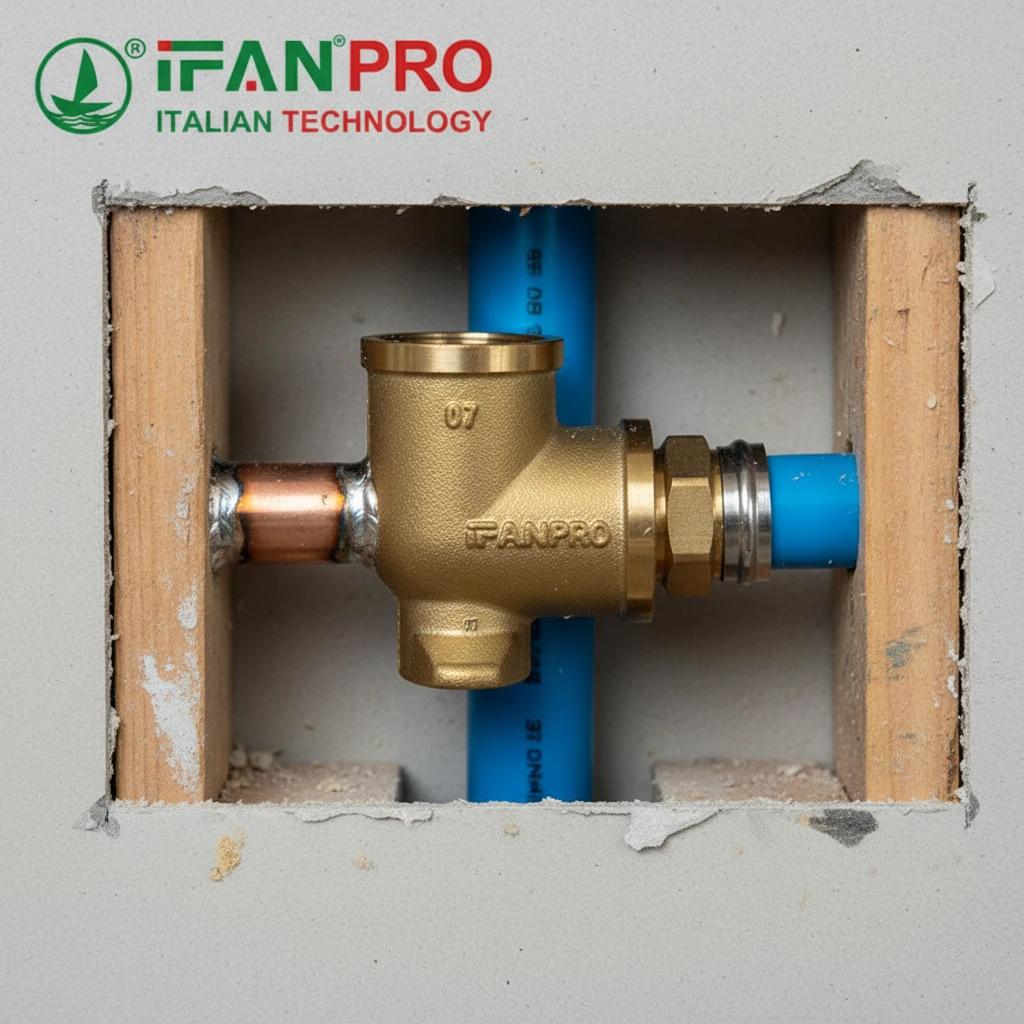
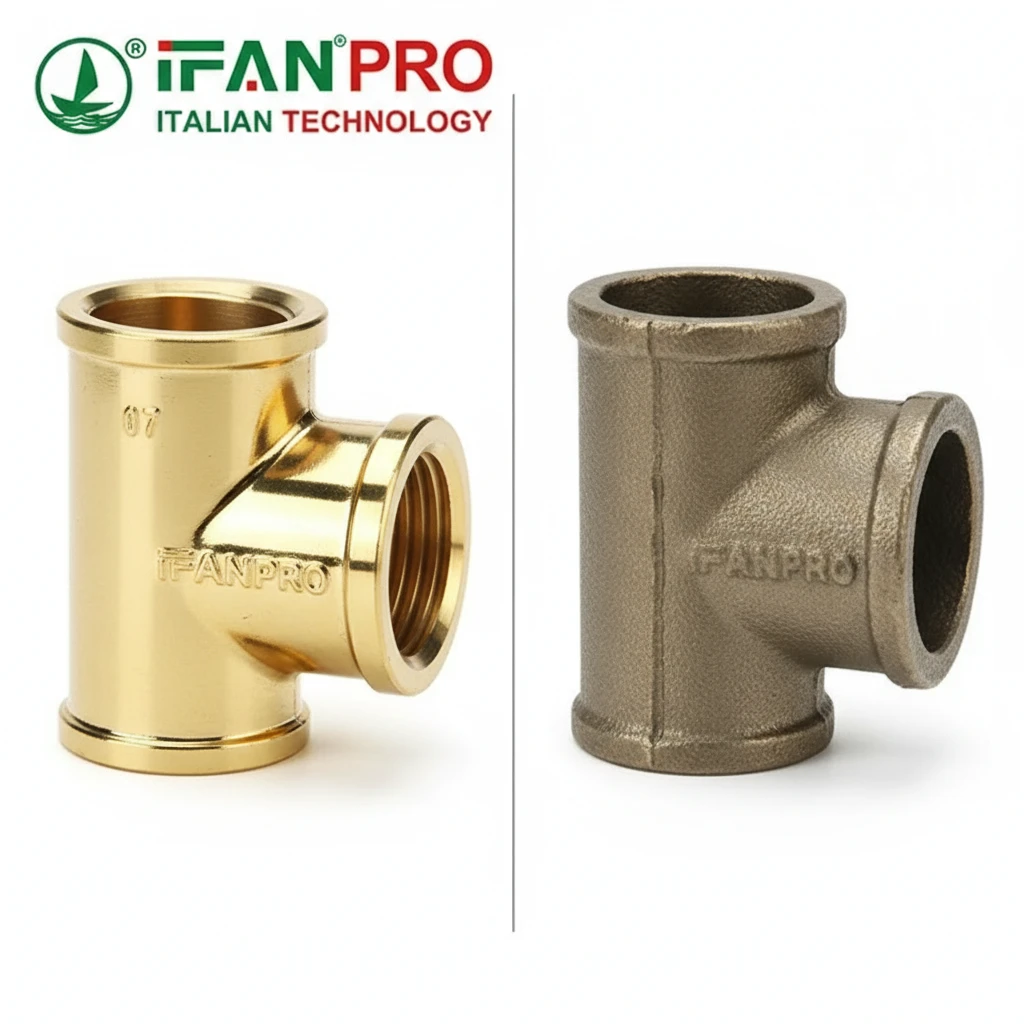
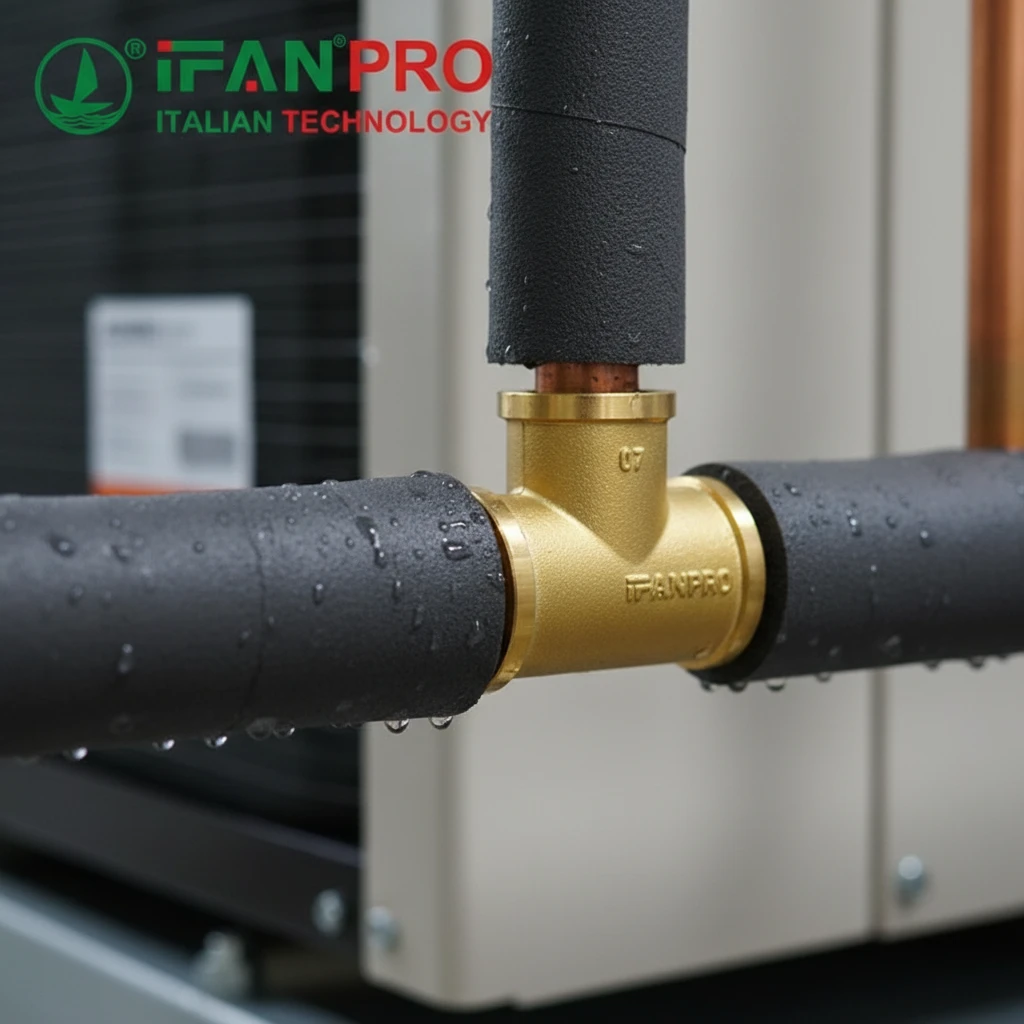









Recent Comments